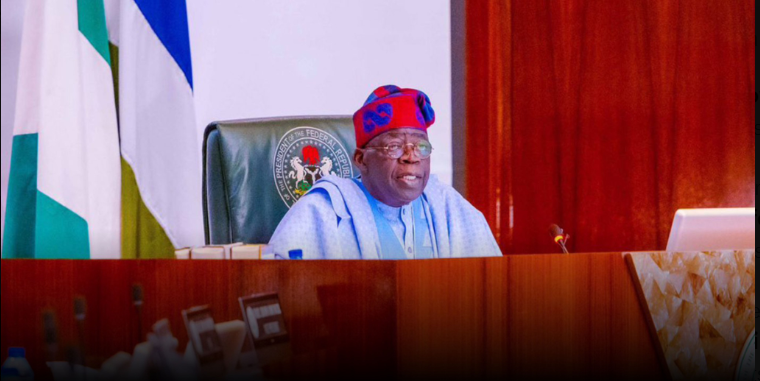Under President Bola Tinubu’s leadership, Nigeria’s Federal Government has secured loans totaling $6.45 billion from the World Bank in the past 16 months. This funding amount grew recently with the approval of three new loans, amounting to $1.57 billion for various projects across the country, indicating a potential for further increases in the near future. Over the past five years, the World Bank has granted 36 loan requests from Nigeria, culminating in a staggering total of $24.088 billion. While these loans are intended to support essential development projects, they have raised significant concerns about Nigeria’s growing debt profile and prompted discussions regarding the sustainability of these financial commitments. There are worries about how these debts could impact the economy in the long run, especially in light of rising inflation and stagnating growth.
The recent loan approvals under President Tinubu’s administration include significant funding aimed at pillars such as power infrastructure, women’s empowerment, girls’ education, renewable energy, economic stabilization reforms, and resource mobilization reforms. Despite the critical emphasis on these developmental projects, the general sentiment among Nigerians remains largely pessimistic, informed primarily by years of infrastructural decline and high unemployment rates. Many citizens harbor skepticism regarding the government’s borrowing intentions, arguing that despite acknowledging the necessity of funds, previous loans did not yield tangible benefits. This feeling of skepticism is often compounded by the fact that Nigeria has a rapidly growing population, leading to questions about the effective allocation and management of borrowed resources.
An examination of the World Bank’s historical loan records shows that Nigeria has consistently received annual credit approvals since 2020. In that year, 15 loan requests amounting to $6.36 billion were approved for various initiatives, including the Nigeria Rural Access and Agricultural Marketing Project and the Nigeria Digital Identification for Development project. The following year saw a reduction in the number of approved projects to six, valued at $3.2 billion, with some loans aimed specifically at addressing livestock productivity and business enabling reforms. In 2022 alone, Nigeria secured $1.26 billion for multiple projects, yet these figures indicate fluctuating confidence and varying degrees of commitment from both the Nigerian government and the World Bank.
As of 2023, Nigeria’s loan requests increased significantly, totaling $2.7 billion aimed at implementing four critical projects. These included initiatives for power sector recovery, women’s program scale-ups, and renewable energy expansion. In 2024, the World Bank has reportedly approved $3.82 billion across five projects, which include a $70 million grant, indicating a continued trajectory of borrowing with further financing anticipated before year’s end. This pattern underscores a strategic targeting by the World Bank of key sectors pivotal for Nigeria’s development, such as economic reforms, education, and renewable energy initiatives, amidst concerns about the country’s rising debt obligations.
The World Bank’s recent approvals, particularly those of June 2024, were designed to enhance Nigeria’s economic stability and support vulnerable groups within the population. Recently announced projects aimed to collectively mobilize $2.25 billion for furthering economic reforms and resource mobilization. These initiatives are expected to address pressing issues, including governance and basic human services, in order to improve health and education sectors. The overarching goal of these projects is to strengthen Nigeria’s human capital while simultaneously building resilience against climate change, which has emerged as a serious challenge for many vulnerable populations reliant on agriculture and other climate-sensitive sectors.
As Nigeria grapples with its rising debt profile, the financial ramifications pose a daily threat to its economic stability. By March 31, 2024, the country’s debt owed to the World Bank stood at $15.59 billion, further compounded by debt servicing expenditures that surged to ₦6.04 trillion (approximately $15.8 billion) in the first half of 2024, reflecting a staggering 68.8% increase from the previous year. This escalation in debt service obligations is driven in large part by the devaluation of the naira, which significantly impacts the government’s capacity to manage its financial obligations. As Nigeria navigates its lending landscape, the vital questions remain about how effectively these loans will be utilized and the broader implications for the economy as debt obligations continue to loom large.














